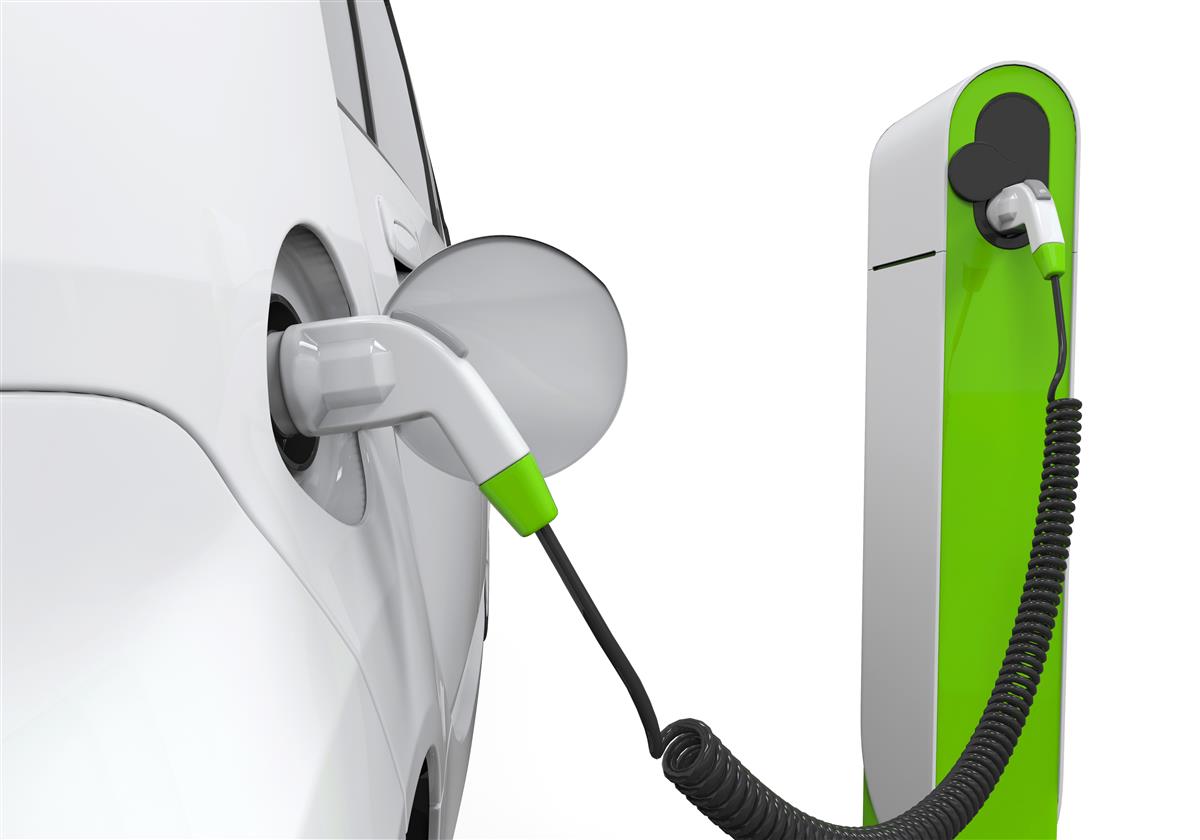QUAT POINT STATION FOR ELECTRIC VEHICLES

Recently, many Kazakhstanis have been choosing an electric car, since it is eco-friendly and economical. However, owners of electric vehicles face the problem of charging. Residents of particularly large apartment complexes experience the lack of charging stations for their vehicles.
In 2015 group of scientists of the Al-Farabi Kazakh National University under the leadership of Ph.D. Utebayev R. has developed a technology for the production of charging stations for slow charging of electric vehicles to solve the this problem. Since 2017, more than 50 QUAT POINT stations have been installed on the territory of Kazakhstan. Today, the introduced charging station is covered by patent.
For the first time, the developers of the technology switched to an electric car in 2014. Since then, the electric car is used on a permanent basis and charged at charging stations. Seven years of experience of driving an electric car has shown that it is a truly environmentally friendly and economical mode of transport. For instance, the approximate mileage of one electric is about 100,000 kilometers, which consequently stored about 10 tons of gasoline. In comparison, 8 tons of coal is requred to generate about 20,000 kWh. of electricity. However, the electric car uses only the consumed electricity without loss. Taking into account the vehicles running on fuel and lubricants, the production of 10 tons of gasoline requires at least 30,000 kW h., which is much more than the energy generated by an electric car.
According to the analysis issued by the International Energy Agency (IEA) published in May 2022, the estimated number of electric vehicles worldwide has reached 16.5 million by the end of 2021, which is three times more than in 2018. According to World Statistics, sales of electric vehicles in 2021 doubled compared to 2020 and hit a record level of 6,6 million. Despite the logistics barriers, sales are also actively growing in 2022: in the first quarter, 2 million electric vehicles were sold worldwide, which is 4/3 more than in the same period of 2021. One of the main reasons for the high sales of electric vehicles is constant government support. And the total government spending on subsidies and incentives will double in 2021 and amount to about 3 30 billion.
For example, in China sales of electric vehicles almost tripled in 2021 and amounted to almost half of the global volume, which is estimated to be 3.3 million units. The sales in Europe has reached 65 per cent, which is up to 2.3 million cars, whereas the sales rate in the United States is more than twice. The special feature of the Chinese version of electric cars lies in the compact design, which involves reduced production costs, as well as relatively low prices compared to conventional cars. The average price of an electric car in China was 10 percent higher than traditional offers, compared to an average of 45-50 percent in other major markets. On the contrary, many countries with developing economies are lagging behind in sales of electric vehicles. After all, often in such countries there are only a few models, and their prices are not affordable for the mass consumer.
According to the results of 2021 introduced by the Japanese research company Mark Lines, global sales of electric vehicles doubled to 4.6 million units. This is the first case of overtaking the number of hybrid cars. Sales of hybrid cars in 2021 increased by 35 percent and amounted to about 3.1 million units. And sales of electric vehicles have tripled compared to 2019.
The main demand for electric vehicles increased immediately, especially in China. According to the Chinese Association of Automobile Manufacturers, sales of new electric vehicles in 2021 increased 2.6 times compared to 2020 and amounted to 2.91 million units. In this case, government subsidies and the release of low-priced models prompted consumers to purchase electric cars.
One of the main problems with the introduction of this technology is that consumers are less aware of the transport and charging infrastructure of electric vehicles. Last year, KazNU in collaboration with “Uchet” and “THEA” held a conference "Electric Vehicles and Infrastructure". During the event, the founder of the group of companies "Uchet "Maxim Baryshev noted that there are about 500 electric cars in Kazakhstan: “ In 2015-2016, electric cars appeared only among enthusiasts and people who are ready to actively fight for the cleanliness of the environment. Often this is not the not the first, or even the second car in the family. When I bought a car, I thought it could be charged like a phone from a regular outlet. Later, I found out that I needed a grounded socket, and there are very few such sockets in Almaty. In the beginning, there was only one public electric power station in the city, and each owner of an electric car had his own charges at home.”
Gradually, a network of power stations began to develop in the city. The first power station (ES) appeared on the bypass road along the road to Almaty Airport. The main problem is that although the number of electric cars has increased, the number of power stations has not improved respectively, which had become a cause of endless queues.
Recharging an electric car is quite a long process. The fastest charging up to 100 per cent requires 40-60 minutes, and short recharging takes 3-5 minutes. In Europe, this problem is solved as follows: electric power stations are installed next to gas stations.
Today, the number of electric vehicles in Kazakhstan is increasing day by day. According to forecasts, by 2030 the number of electric vehicles in Kazakhstan will be about 1,000,000 units. The experience of neighboring countries shows that on average for five electric vehicles, it is necessary to install one charging station in a public place. Thus, by 2030 it is necessary to install more than 200 thousand charging stations in all cities of the country in Kazakhstan. According to the technology developed by our scientists, the production of a small batch of charging stations for electric vehicles is now underway and is being installed in the cities of Kazakhstan.
Press Service of Al-Farabi Kazakh National University
Other news


